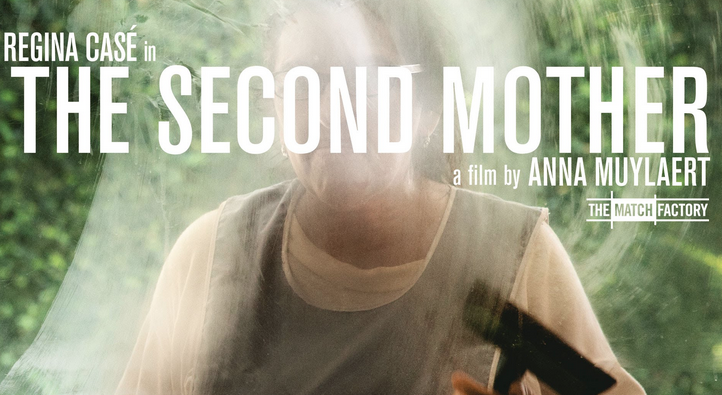
Acquiescent and easy-going Val (Regina Casé) has been a housemaid for the entirety of Fabinho’s (Michel Joelsas) childhood. As the only son of wealthy parents, Barbara (Karine Teles) and Dr. Carlos (Lourenço Mutarelli), Val becomes, that’s right, like a second mother to him–one of the first in many instances of how this term applies throughout the narrative. The only problem with this is that she had to leave her daughter, Jéssica (Camila Márdila), in a faraway town called Pernambuco in order to get a well-paying enough job in São Paulo. Because of this, Jéssica has refused to talk to Val for many years–until she decides to apply for an architecture program in São Paulo. Excited to accept her back into her life, but nervous about having her stay with her in her employer’s home, Val comes to terms with some harsh realities during Jéssica’s stay.

Although Doña Barbara (Val insists on addressing her as Doña) is initially accommodating in embracing Jéssica’s presence, she begins to grow wary when she notices her husband taking too much of an active interest in her. The palpability of the tension generated by Barbara and Val’s master-slave relationship intensifies as Jéssica tests the limits of “appropriate behavior” (e.g. dining with Dr. Carlos and getting served by her mother or staying in the guest room instead of the “servant’s quarters”). When it puts Val to the test in terms of who she’s willing to side with, Jéssica pitches a fit, saying Val should defend her no matter what.

When Val accuses her of thinking she’s better than everyone, Jéssica retorts, “No, I just don’t think I’m worse than everyone,” intimating that’s that how Val positions herself against her employers. This comment sticks with Val whether she realizes it or not, as she can’t help but ponder that in sacrificing time spent with her daughter all these years in order to support her, she’s also sacrificed some important values as well.
In this sense, Jéssica takes on a somewhat motherly role toward Val–perhaps because, as we later learn, she has become a mother in her own right. When Val finds out she has a grandson, she can’t help but see it as an opportunity to make up for the time she missed out on with Jéssica. The numerous modes of “second mother” applying to Val’s life make it seem impossible that the Portuguese titled version of it could be named Que Horas Ela Volta? (meaning What Time Does She Return?). Moreover, it can’t be denied that there are certain parallels between James L. Brooks’ Spanglish, in which a Mexican housekeeper, Flor (Paz Vega), and her daughter, Cristina (Shelbie Bruce) are put in the position of spending time with the family she works for, and Flor’s daughter becomes a little too accepted by them from the outset. Thus, it would seem that the fact that there is so much opportunity to tell the story of a housemaid’s struggles against the rich family she works for is all too telling of how little the caste system has changed in the twenty-first century.





















